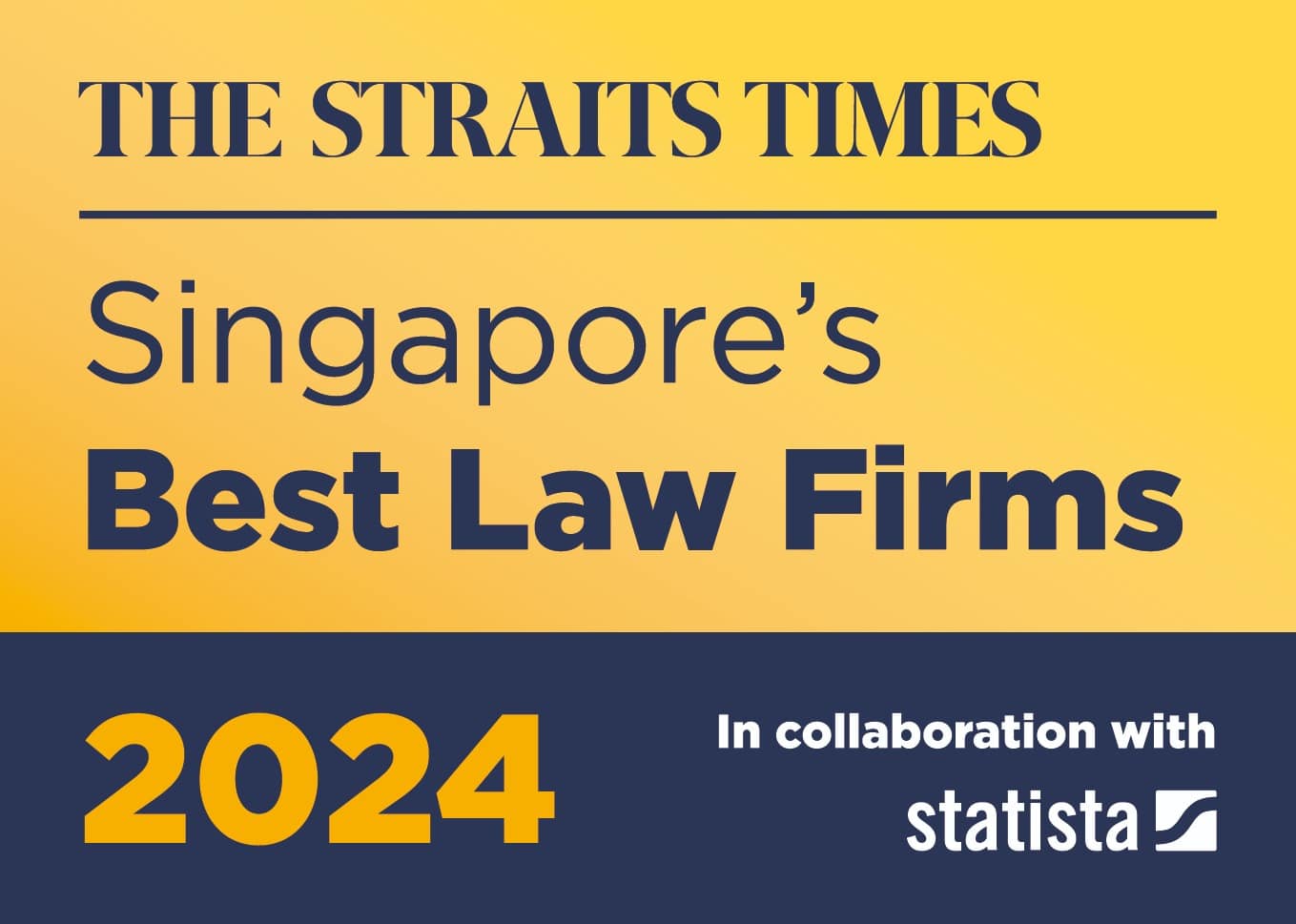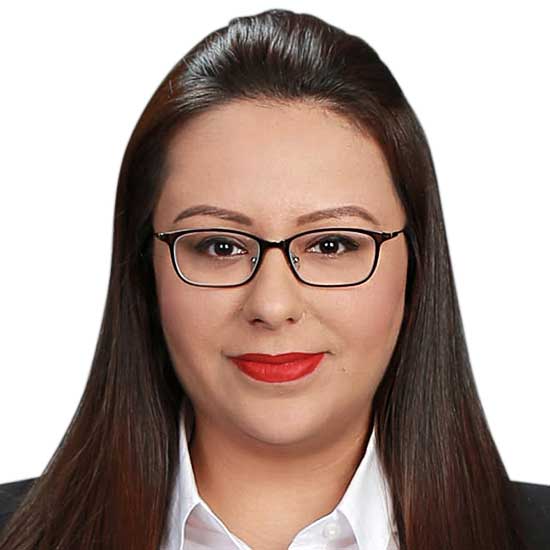Child Custody Lawyers in Singapore: Protecting Your Parental Rights
Child Custody Lawyers in Singapore: Protecting Your Parental Rights
When going through a divorce, the well-being of the children involved is often the primary concern. The custody and care and control of children after a marriage breakdown is a crucial matter that requires a constructive and amicable resolution. At IRB Law, we are committed to assisting families in navigating child custody issues in the most beneficial manner possible.
Understanding Custody and Care and Control: It is important to clarify the distinction between custody and care and control:
Custody: Custody refers to the authority of a parent or parents to make significant decisions about the child’s future, including education and religion. There are two types of custody arrangements:
- Sole Custody: One parent is granted sole custody of the child.
- Joint Custody: Both parents have equal rights and responsibilities in decision-making.
Care and Control: Care and control pertain to the parent who has primary responsibility for the child’s daily life, such as sleeping arrangements, meals, and school routines. The other parent is typically granted access to visit the child at agreed-upon times.
Access Rights: In addition to custody and care and control, there are three types of access rights:
- Liberal Access: The non-custodial parent has the freedom to see their child whenever they wish.
- Reasonable Access: The non-custodial parent is granted access within reasonable hours.
- Supervised Access: This arrangement is implemented to protect the child, and visits are supervised to ensure their safety and well-being.
Examples of child custody matters in Court
In a high-stakes custody battle in Singapore, a couple’s decade-long marriage broke down and the ensuing acrimony led to a fierce dispute over their 11-year-old son, diagnosed with multiple neurodevelopmental disorders. In a landmark judgement, the court has ordered shared custody, urging the parents to look beyond their personal discord for their son’s welfare.
The couple, both high earners, married in 2011 and soon had a son, who was diagnosed with refractory frontal lobe epilepsy at age three, along with other neurodevelopmental disorders. The father, claiming his ex-wife’s “abusive behaviour” caused their son’s seizures, sought a personal protection order for himself and his son. The mother, however, insisted she was the primary caregiver, arranging and paying for all of his therapies.
In her judgement, Justice Debbie Ong stressed that the son needed both parents in his life. She noted that both parents exhibited strengths in their parenting approaches: the mother was praised for her meticulous organisation and commitment to therapeutic and educational opportunities for their son, while the father demonstrated empathy and creativity in dealing with his son’s learning disabilities.
However, she also identified areas of improvement for both parents. The mother, she suggested, could benefit from acknowledging her son’s need for rest between therapies. The father, she said, should appreciate the structured and supportive environment that the therapies provided.
The mother will have the son from Saturday to Wednesday nights, with the father taking the rest of the week. Arrangements for special occasions and overseas trips are to be mutually agreed, and either parent can request adjustments to the care periods. The judge emphasized the need for flexibility, cooperation, and graciousness in these arrangements. The parents are also to equally share the son’s monthly personal expenses.
Justice Ong urged the parents to perceive divorce as a reorganization of familial and financial arrangements, rather than a battleground. She reminded them of the immeasurable gains from their marriage, most significantly their son, and encouraged them to find a way forward.
The parents, who got married in 2012 and had a daughter the same year, divorced in 2017. They had joint custody of their daughter, who was 4 years old at the time, with the father having primary care and control.
However, five years later, the child began residing with the mother due to allegations of emotional abuse and neglect by the father and his domestic helper. This change prompted legal applications from both parents, with the mother applying for a change in the custody arrangement, and the father seeking enforcement of the original orders. The district judge dismissed the mother’s application, siding with the father.
The mother then appealed this decision. The appeal judge, Choo Han Teck J, reversed the district judge’s decision, not because of the alleged abuse but because he believed it was in the child’s best interest to live with her mother, as she was happier and more comfortable there. The child, who was now 11, expressed her preference to live with her mother.
The new orders granted the mother primary care and control of the child, while the father was given access rights on specified days. This change took effect from May 6, 2023. The court made no order regarding costs.
Legal Services for Child Custody Matters:
At IRB Law, we provide comprehensive legal advice and services related to child custody, care and control, and access rights. Our goal is to ensure that these matters are resolved fairly and in the best interest of all parties involved. Our experienced child custody lawyers can assist you with the following:
- Legal Representation: We will represent your interests during negotiations or court proceedings, ensuring your rights as a parent are protected.
- Mediation and Dispute Resolution: Our lawyers are skilled in mediation techniques to help parents reach amicable agreements outside of court.
- Crafting Parenting Plans: We assist in developing detailed parenting plans that outline custody, care and control, and access arrangements to avoid future conflicts.
- Modification and Enforcement: We can guide you through the process of modifying existing custody or access orders, as well as enforcing them if the other parent fails to comply.
- Child Relocation: If you need to relocate with your child, we can help navigate the legal requirements and obtain necessary consent or court orders.
Why Choose IRB Law for Child Custody Matters:
- Expertise: Our lawyers specialize in family law, specifically child custody matters, ensuring you receive the highest level of expertise.
- Personalized Approach: We understand the unique dynamics of each case and tailor our strategies to meet your specific needs and objectives.
- Communication and Support: We prioritize clear communication, keeping you informed throughout the process and providing guidance and support every step of the way.
- Efficient Resolution: Our experienced team aims to achieve prompt and efficient resolutions, minimizing stress and disruption for all parties involved.
- Strong Advocacy: We are committed to advocating for your parental rights and the best interests of your child, both in and out of the courtroom.
Frequently Asked Questions & Answers Relating to Child Custody Matters
What is a custody lawyer?
A custody lawyer is a type of family lawyer who specializes in cases related to child custody. These lawyers provide guidance and representation during legal proceedings involving the determination of parental rights.
How does child custody work in Singapore?
What factors does the court consider in custody proceedings in Singapore?
How long do custody proceedings take in Singapore?
What is the difference between custody and care and control in Singapore?
Can a father get custody in Singapore?
What does a Singapore custody lawyer do?
What is joint custody?
Can custody orders be changed in Singapore?
How can I find the best custody lawyer in Singapore?
What are the costs of hiring a custody lawyer in Singapore?
What is the role of the Child Representative in Singapore custody cases?
How is child visitation determined in Singapore?
How can a custody lawyer help in a case of international child abduction?
What happens if there is a breach of a custody order in Singapore?
How is child support determined in Singapore?
What happens in cases of alleged child abuse during custody proceedings?
Can I represent myself in a custody case in Singapore?
How confidential are custody proceedings in Singapore?
Do grandparents have any rights in custody proceedings in Singapore?
Glossary of Terms in Child Custody Matters
- Child Custody: The legal and practical responsibility for a child, including making important decisions about their upbringing and welfare.
- Sole Custody: A custody arrangement where one parent has full custody rights and decision-making authority over the child.
- Joint Custody: A custody arrangement where both parents share custody rights and responsibilities, including decision-making regarding the child.
- Care and Control: The day-to-day physical care and upbringing of the child, including aspects such as meals, sleeping arrangements, and daily routines.
- Access Rights: The rights of a non-custodial parent to visit and spend time with the child.
- Liberal Access: A type of access where the non-custodial parent has flexibility in determining visitation times.
- Reasonable Access: A type of access where the non-custodial parent has access within reasonable hours agreed upon by both parents.
- Supervised Access: A type of access where visits between the non-custodial parent and child are supervised by a third party to ensure the child’s safety and well-being.
- Best Interests of the Child: The primary consideration in determining child custody and access arrangements, focusing on the child’s overall well-being, safety, and developmental needs.
- Significant Change in Circumstances: A substantial change in circumstances that may warrant a modification of an existing custody arrangement, such as a parent’s relocation, changes in the child’s needs, or a parent’s inability to fulfill custodial responsibilities.
- Modification: The process of making changes to an existing custody arrangement or access rights based on a significant change in circumstances or the child’s best interests.
- Child Custody Lawyer: A legal professional who specializes in family law and provides legal advice, representation, and advocacy for clients involved in child custody cases.
- Mediation: A process where a neutral third party assists parents in reaching a mutually agreeable custody arrangement through facilitated negotiations.
- Court Order: A legally binding decision issued by a court that determines custody, access, or modification of custody arrangements.
The Commitment of our Custody Lawyers to you and to building trust during the Custody Proceedings
We commit to guiding you at every stage, empowering you to make informed decisions about your future. Our dedicated team appreciates the sensitivity of divorce matters and handles each case with the utmost discretion and respect. With a team of experienced and competent divorce lawyers who are not only proficient in their field but also empathetic and understanding, we stand ready to support you during this difficult time. Trust in our commitment to securing the best possible outcome for your divorce proceedings.
The Straits Times, in collaboration with Statista, has recognized I.R.B Law as one of the leading family law firms in Singapore. This honor mirrors our unwavering commitment to legal excellence and our ability to deliver exceptional legal services tailored to our clients’ unique needs.
Trust in our dedicated team’s ability to guide you through this complex process with competence, compassion, and respect. Our team’s dedication, coupled with our experience in dealing with diverse and complex cases, makes us your ideal ally in seeking a successful resolution to your legal process in Singapore.
Author: Mohamed Baiross/IRB LAW LLP


Areas of focus
- Care & control of children in Singapore
- Child custody and access
- Child custody for fathers
- Access rights
- Contested / Uncontested divorce
Why choose us?
Integrity
We are committed to resolving
your matter quickly and without
incurring unnecessary costs.
Experienced Professionals
We offer more than the typical
incorporation companies. We
are also a full service law firm
with 20 full time lawyers.
Transparent, Affordable Fees
We believe legal services should
be affordable to all. We offer
transparent, affordable, and
fixed free pricing.
Meet Some of the Child Custody Lawyers at IRB
Mohamed Baiross
Founding Partner
Baiross is the managing partner of IRB Law LLP. He is an experienced lawyer with an excellent reputation across a broad selection of practice areas including divorce, insolvency, crime, probate, syariah, and civil litigation.
Kulvinder Kaur
Partner
Kulvinder’s practice focuses on civil and commercial litigation, and matrimonial affairs. She has successfully obtained sole custody and highly favorable access arrangements for her clients (both mothers and fathers).
Featured Content

Guide to Divorce in Singapore
isdiction and eligibility For the Singapore Courts to have jurisdiction to hear proceedings for divorce, either of the parties: Must…
26.04.2024

Overview of Child Custody, Care and Control & Access
General Overview Child custody is often the main issue for contention during a divorce. The Guardianship of Infants Act is…
29.05.2021

Spousal and Children’s Maintenance in Singapore
In this article, we will run through the general laws surrounding spousal and child maintenance in Singapore. Singaporean family law…
08.04.2020





